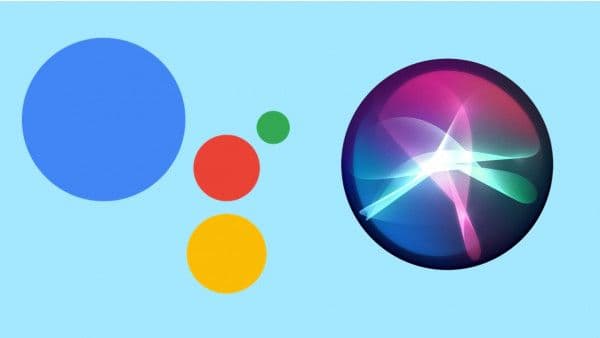Eric - BlogA Comparative Analysis of Two Popular AI Agents: Siri and Google Assistant

Introduction
In the ever-expanding landscape of Artificial Intelligence (AI), virtual assistants have become ubiquitous, seamlessly integrating into our daily lives to streamline tasks, answer questions, and provide hands-free convenience. Among the leading AI agents, Siri by Apple and Google Assistant by Google stand out for their widespread use and capabilities. This article undertakes a comparative analysis of these two popular AI agents, exploring their features, strengths, and areas for improvement.
- User Interface and Accessibility:Siri, the virtual assistant developed by Apple, is deeply integrated into the iOS ecosystem, functioning across iPhones, iPads, Macs, Apple Watches, and HomePods. Its interface is designed for an intuitive user experience, with voice commands at the forefront. On the other hand, Google Assistant, accessible on Android devices and integrated into various Google products, emphasizes a conversational interface and provides a visual component through the Google app.
- Voice Recognition and Natural Language Processing:Both Siri and Google Assistant have made significant strides in voice recognition and natural language processing. Siri's capabilities have improved over the years, and it excels in understanding context and conversational nuances. Google Assistant, leveraging Google's extensive search capabilities, boasts impressive language understanding, often providing more accurate and contextually relevant responses.
- Integration with Ecosystem:Siri seamlessly integrates with the Apple ecosystem, allowing users to control Apple devices, send messages, set reminders, and access personalized information. Google Assistant, with its roots in Google's suite of services, excels in tasks like sending emails, setting calendar events, and leveraging Google's knowledge graph for information retrieval. The extent of integration often depends on the user's preference for either the Apple or Google ecosystem.
- Third-Party App Integration:Siri and Google Assistant both support third-party app integration, but the level of integration varies. SiriKit enables developers to create Siri-compatible apps, allowing users to perform tasks within those apps using voice commands. Google Assistant, with its Actions on Google, similarly enables third-party developers to integrate their services. The availability of specific integrations may vary depending on the platform.
- Context Awareness and Personalization:Siri and Google Assistant leverage machine learning to understand user preferences and adapt to individual contexts. Google Assistant, with its extensive data analysis capabilities, often excels in context awareness, providing more personalized and relevant recommendations. Siri, however, has made strides in this area, learning from user interactions to improve personalization.
- Privacy and Data Security:Privacy concerns surround AI agents, given the sensitive nature of voice-activated interactions. Apple emphasizes privacy by processing Siri voice commands on the device, limiting data sent to its servers. Google Assistant, while providing personalized experiences, relies on data processing in the cloud. Both companies have implemented privacy features, allowing users to control data sharing and delete voice command history.
- Multi-lingual Support:Siri and Google Assistant support multiple languages, enhancing accessibility for a global user base. However, the range of languages and dialects may vary. Google Assistant, with its expansive language support, often caters to a broader linguistic diversity.
- Continuous Improvement:Both Siri and Google Assistant undergo regular updates and improvements. Apple and Google consistently invest in research and development to enhance their AI agents' capabilities, introducing new features, improving accuracy, and expanding functionality over time.
Conclusion
The choice between Siri and Google Assistant often boils down to personal preferences, device ecosystems, and specific use cases. Siri excels in the Apple ecosystem, providing seamless integration across devices, while Google Assistant leverages Google's extensive knowledge graph for comprehensive information retrieval. The continuous improvement of both AI agents ensures a dynamic and evolving user experience. As technology advances, the competition between virtual assistants will likely drive further innovation, ultimately benefiting users with more advanced and personalized AI interactions.